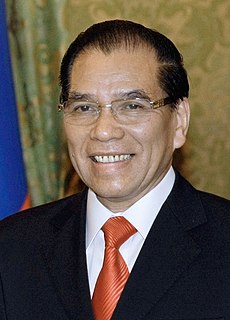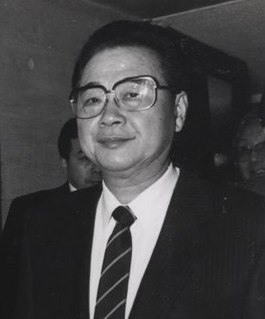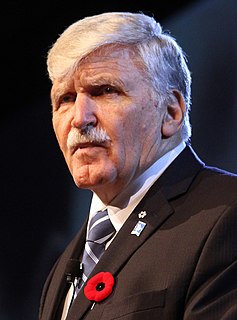A Quote by Nong Duc Manh
All countries, big or small, strong or weak, are equal members of the United Nations.
Related Quotes
For most countries, serving the UN's objectives has never seemed worth even the smallest of risks. Member nations do not want a large, reputable, strong and independent United Nations, no matter their hypocritical pronouncements otherwise. What they want is a weak, beholden, indebted scapegoat of an organization, which they can blame for their failures or steal victories from.
The United Nations would probably have to rest on two pillars: one constituted by an assembly of equal executive representatives of individual countries, resembling the present plenary, and the other consisting of a group elected directly by the globe's population in which the number of delegates representing individual nations would, thus, roughly correspond to the size of the nations.
The general belief is that communists in the United Nations come only from the Iron Curtain countries, but this isn't so. We must remember that many of the representatives of free countries are members of the local Communist parties. If you add them all up, you will see they have an amazing degree of control.
Everybody knows that the United Nations is not the Secretary-General; he has an important position, but the United Nations is the states within this organization, and to be frank, most of the people say only the five permanent members; this is the United Nations because they have the veto, they can do whatever they want and they can refuse whatever they want, and if there's a reform that is very much needed for this organization.
The United Nations exists not merely to preserve the peace but also to make change - even radical change - possible without violent upheaval. The United Nations has no vested interest in the status quo. It seeks a more secure world, a better world, a world of progress for all peoples. In the dynamic world society which is the objective of the United Nations, all peoples must have equality and equal rights.
































